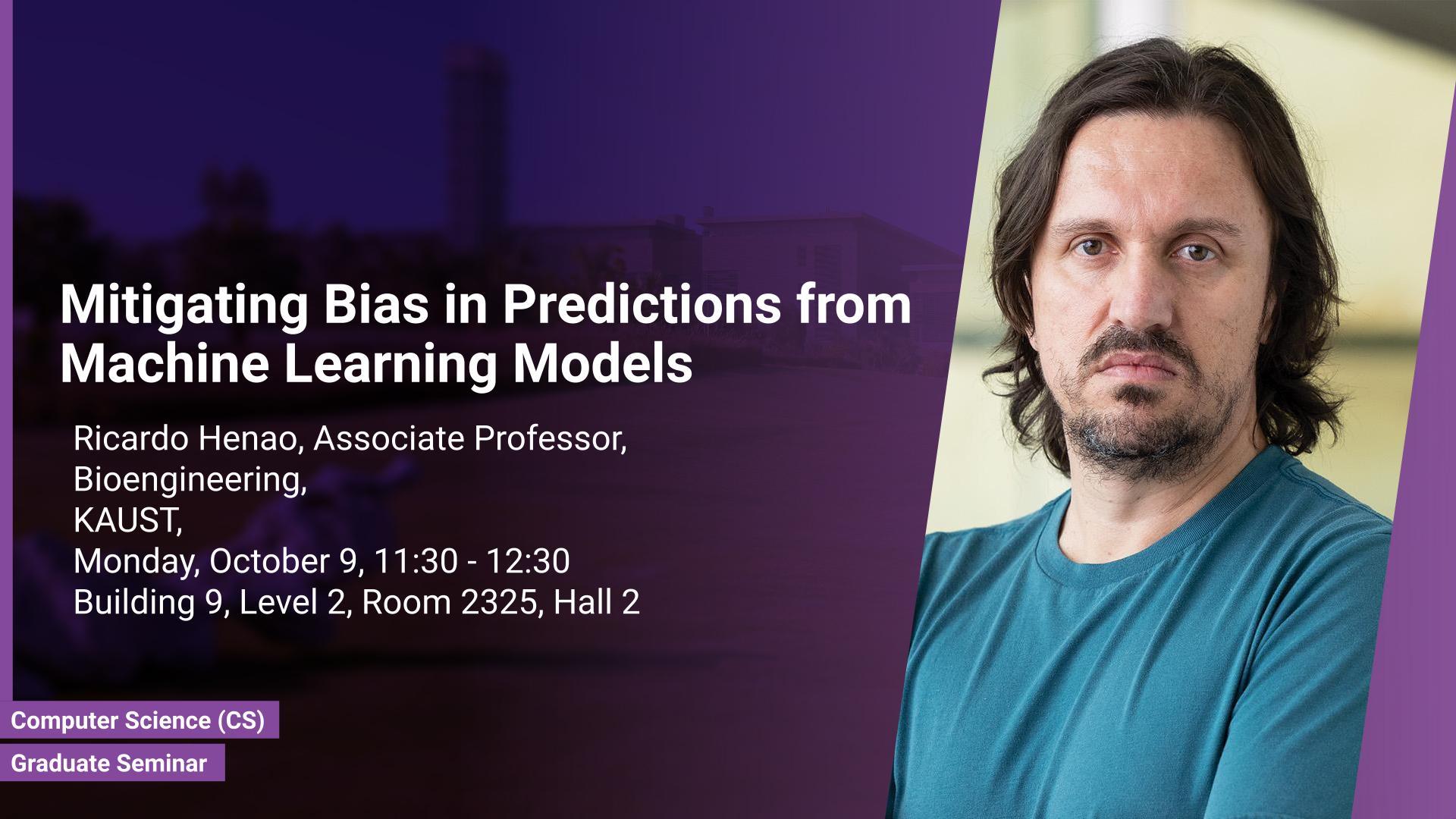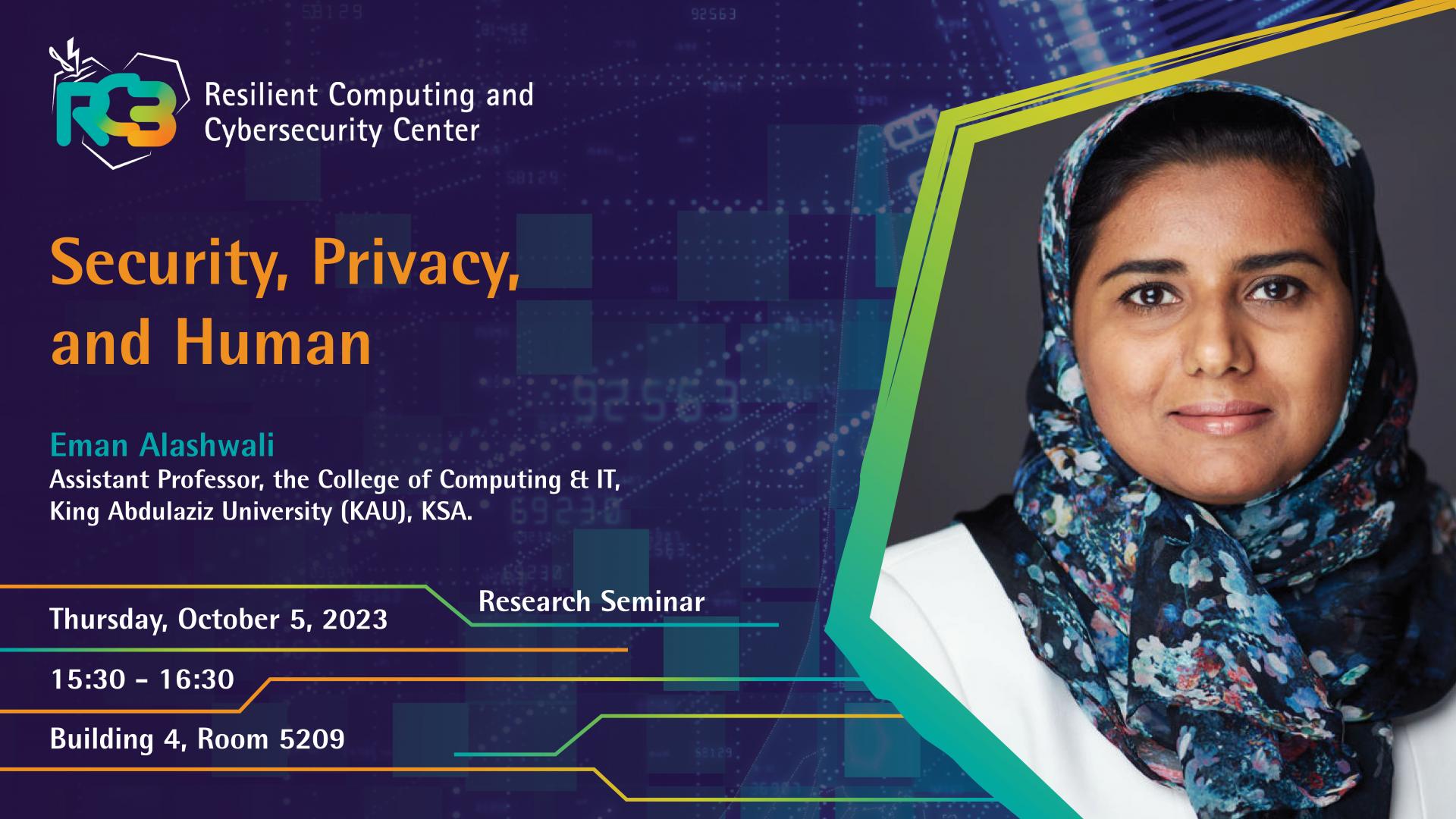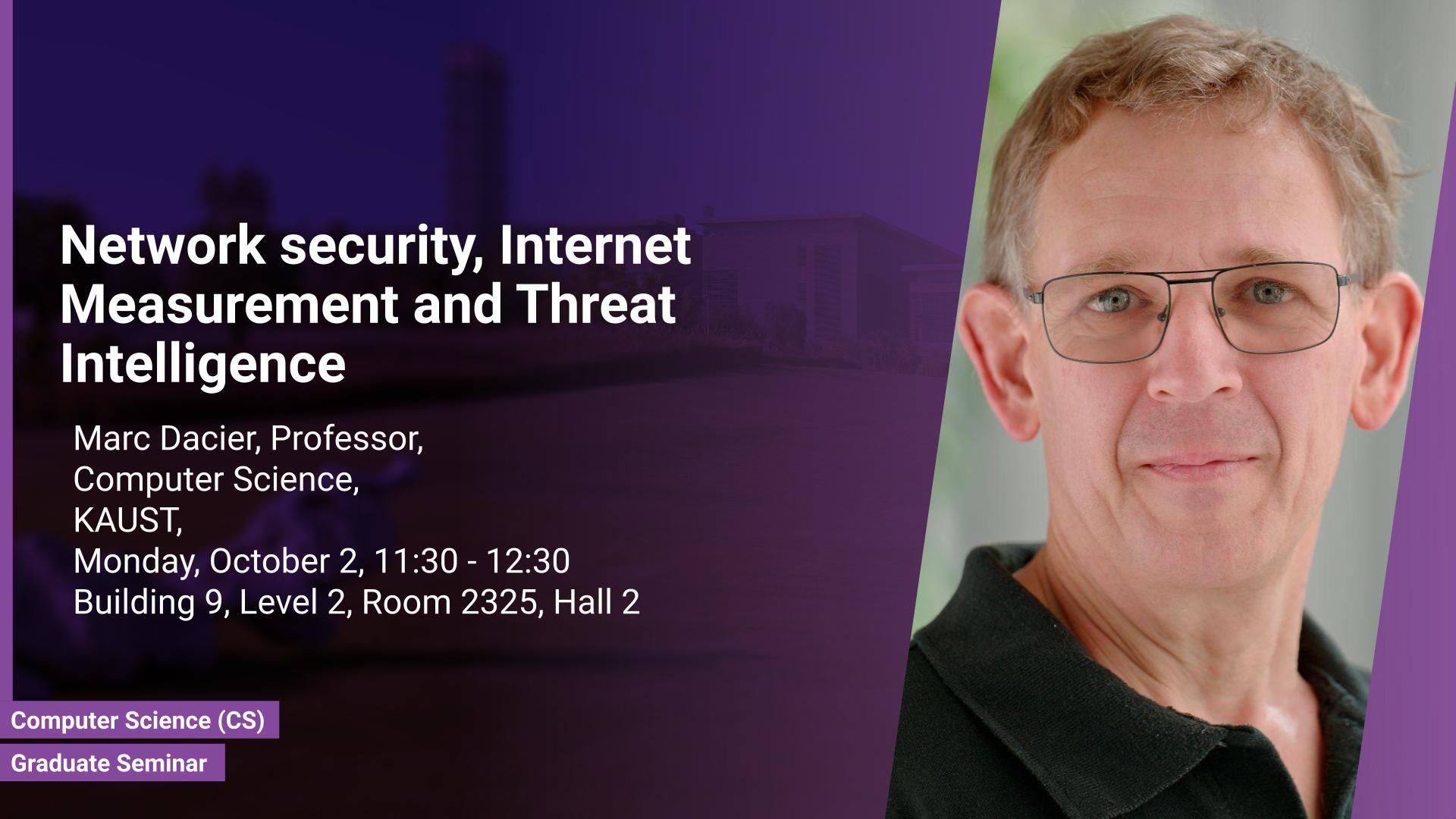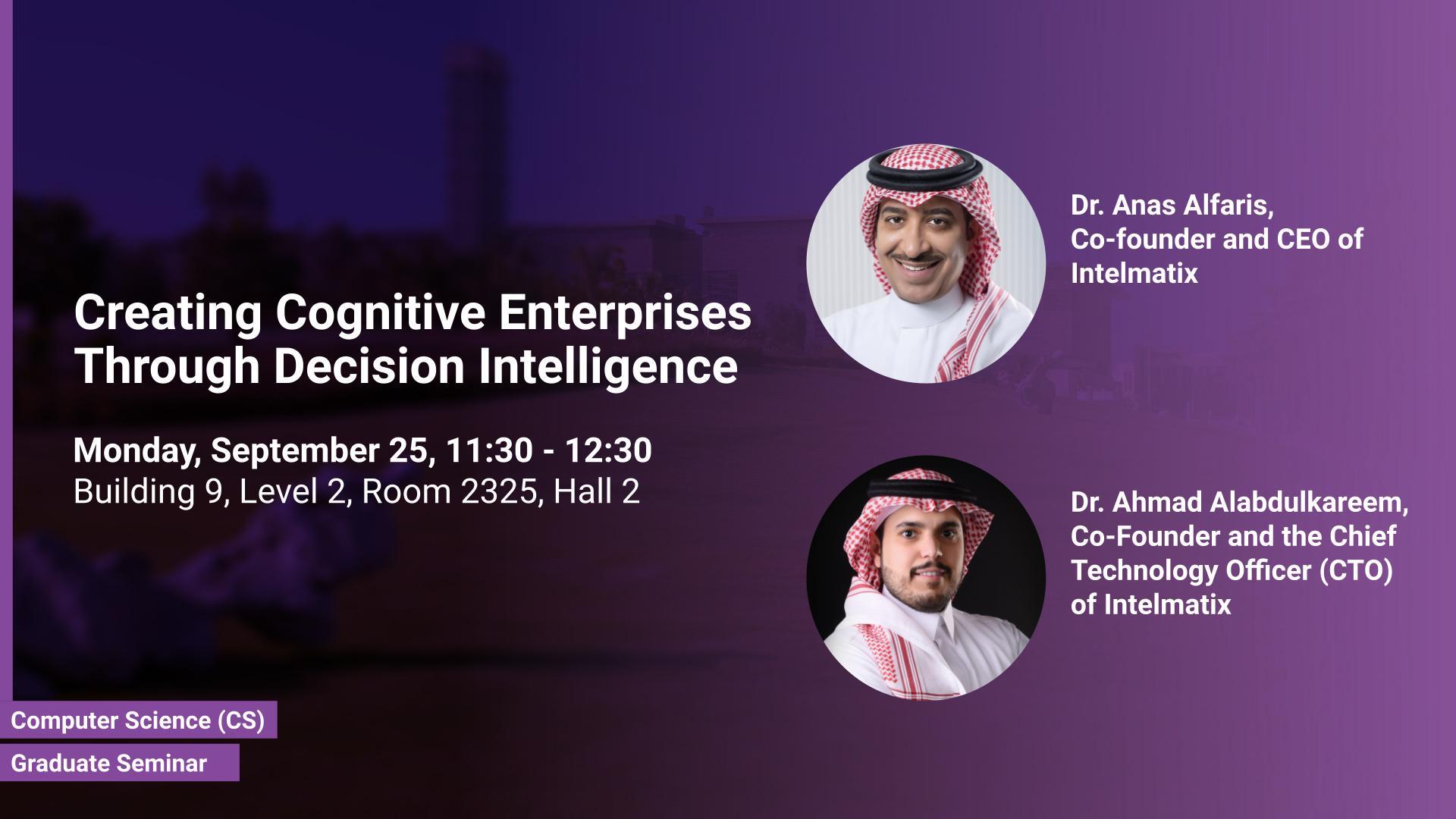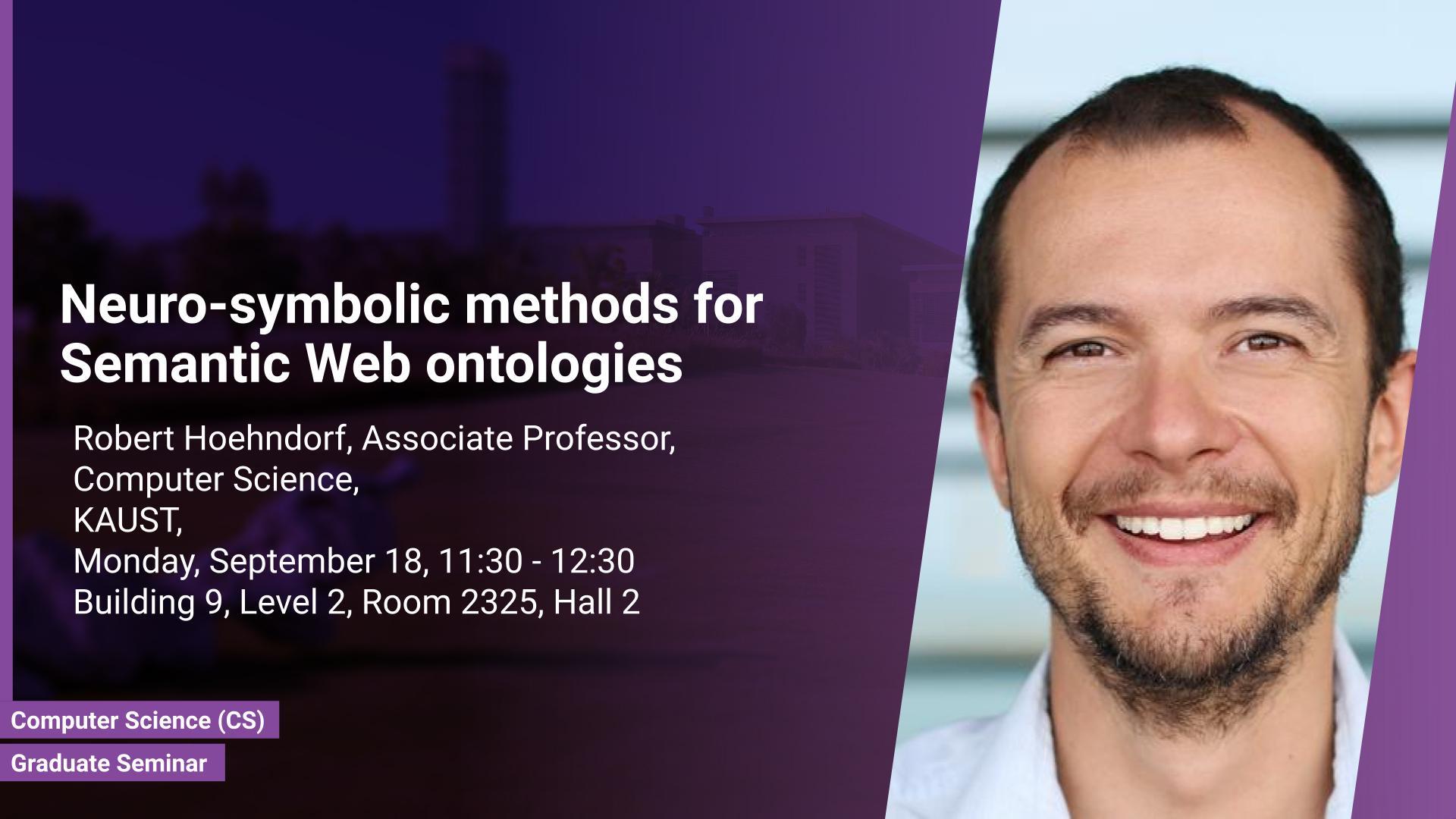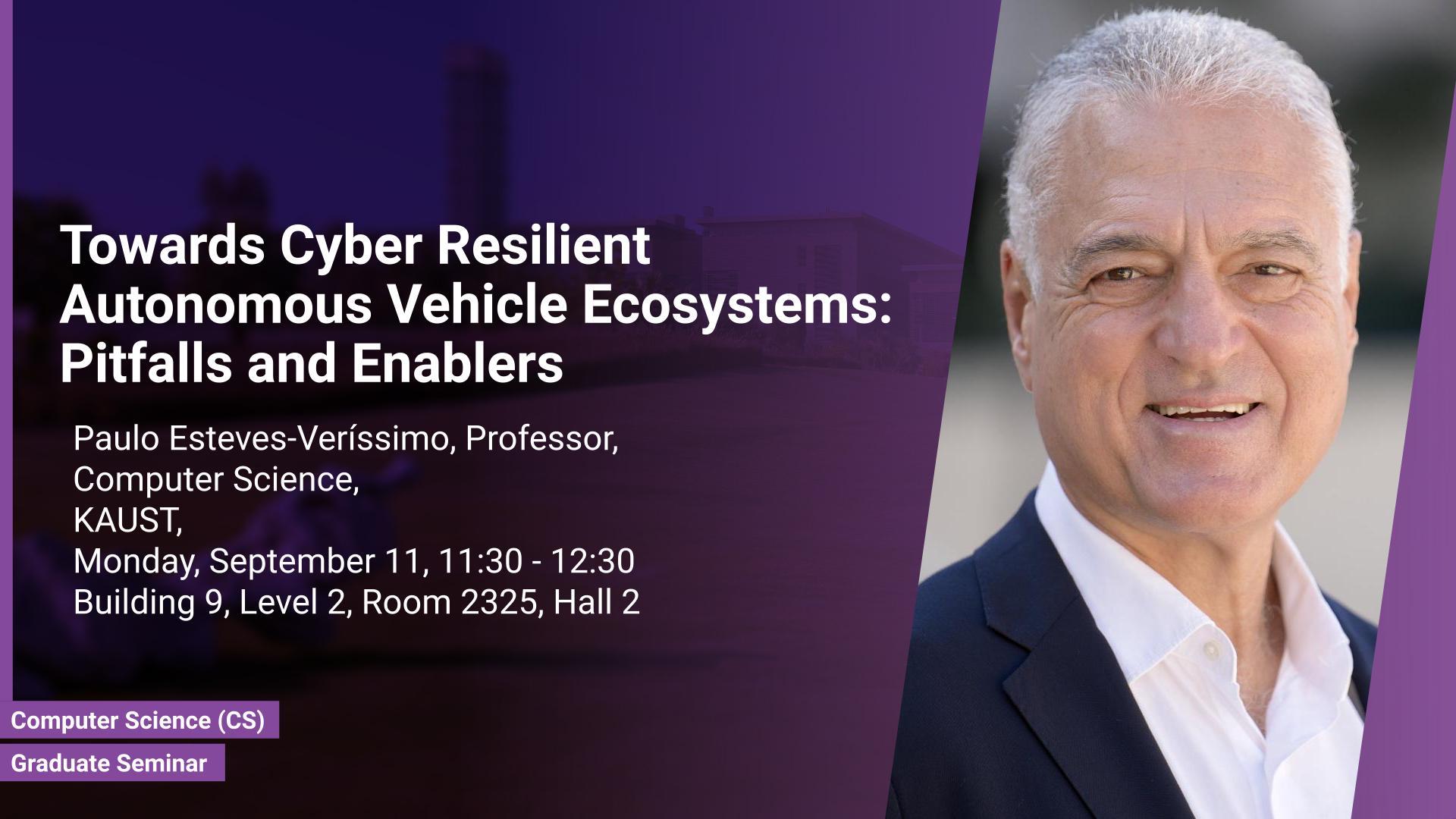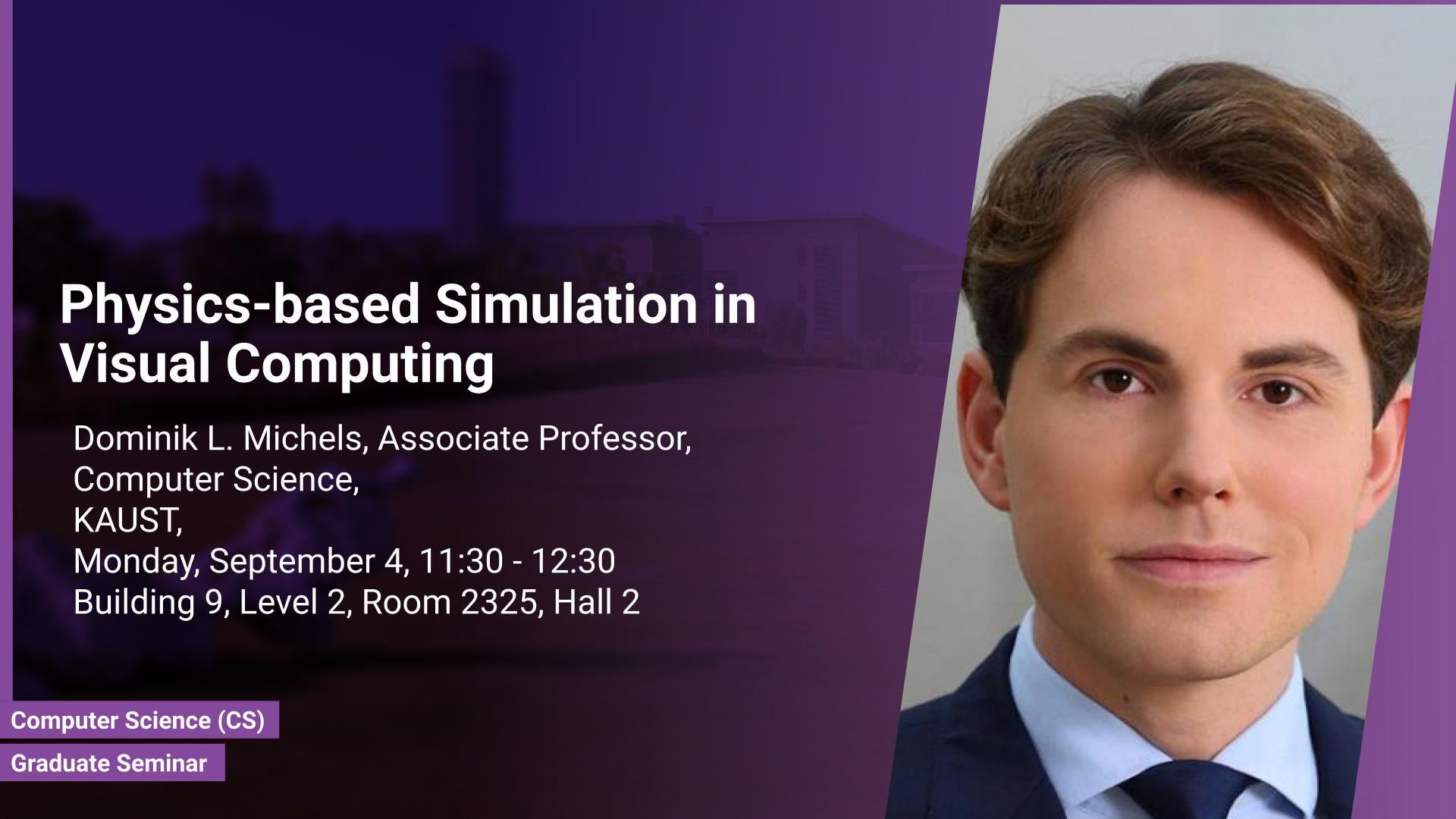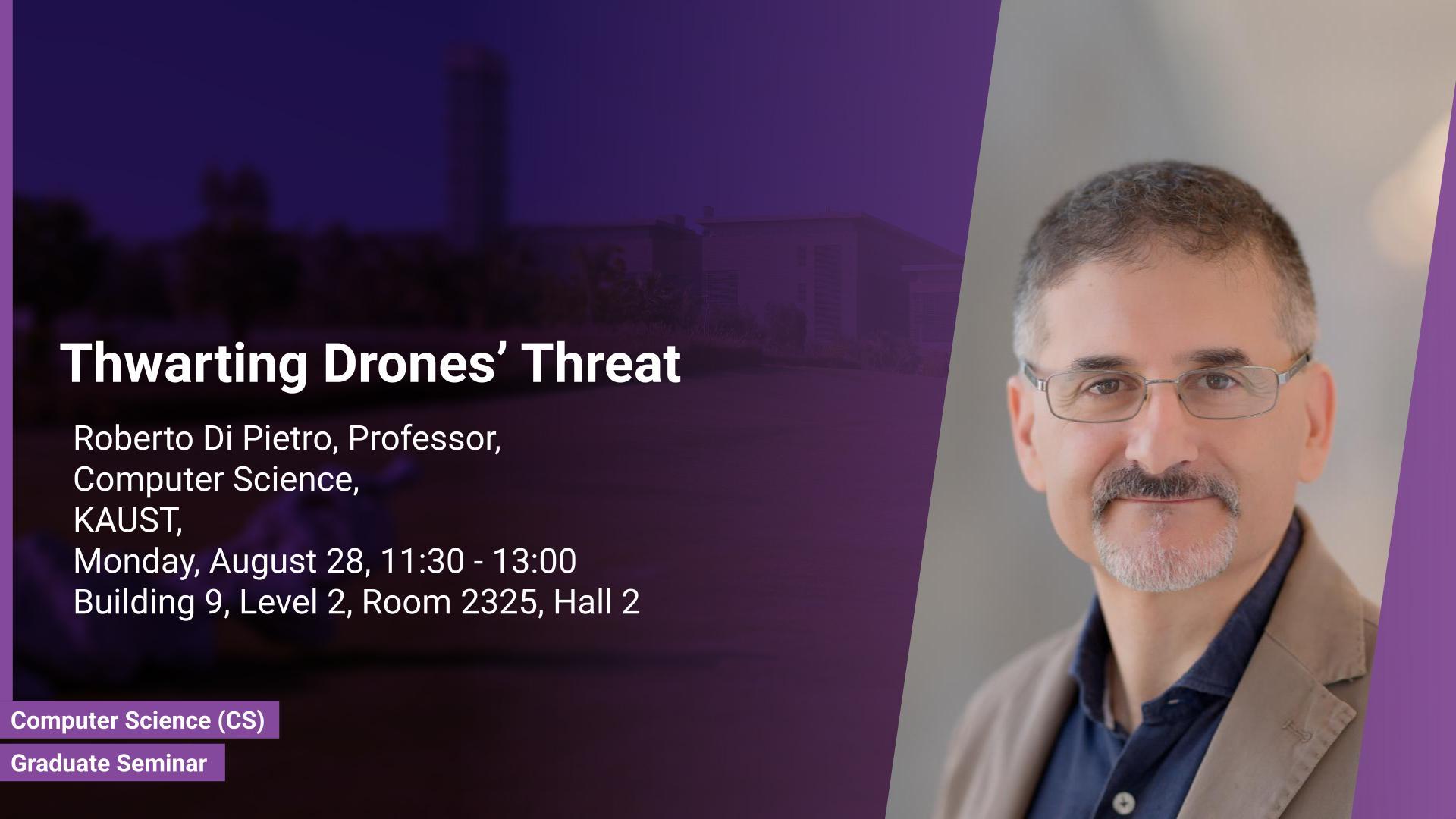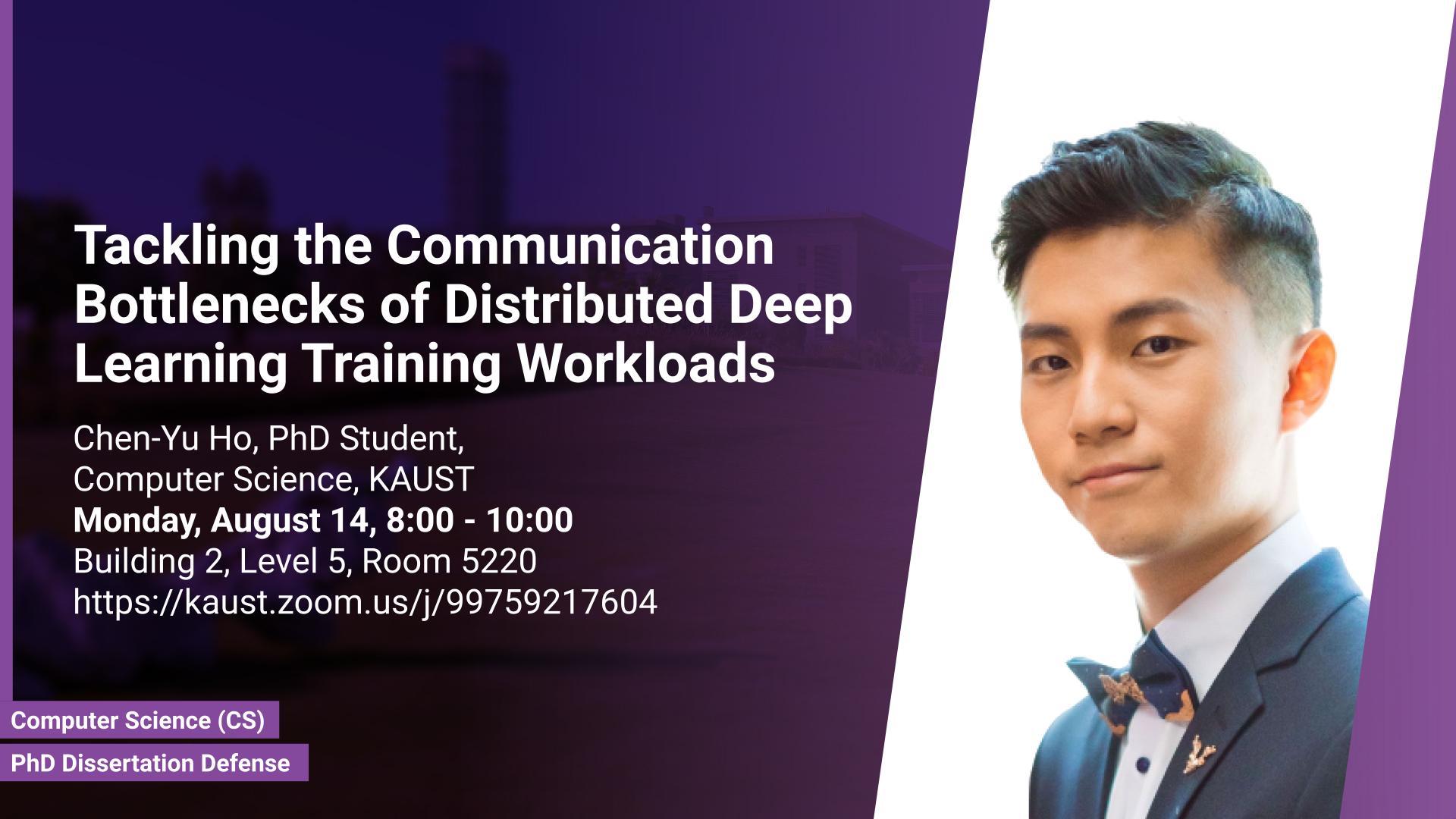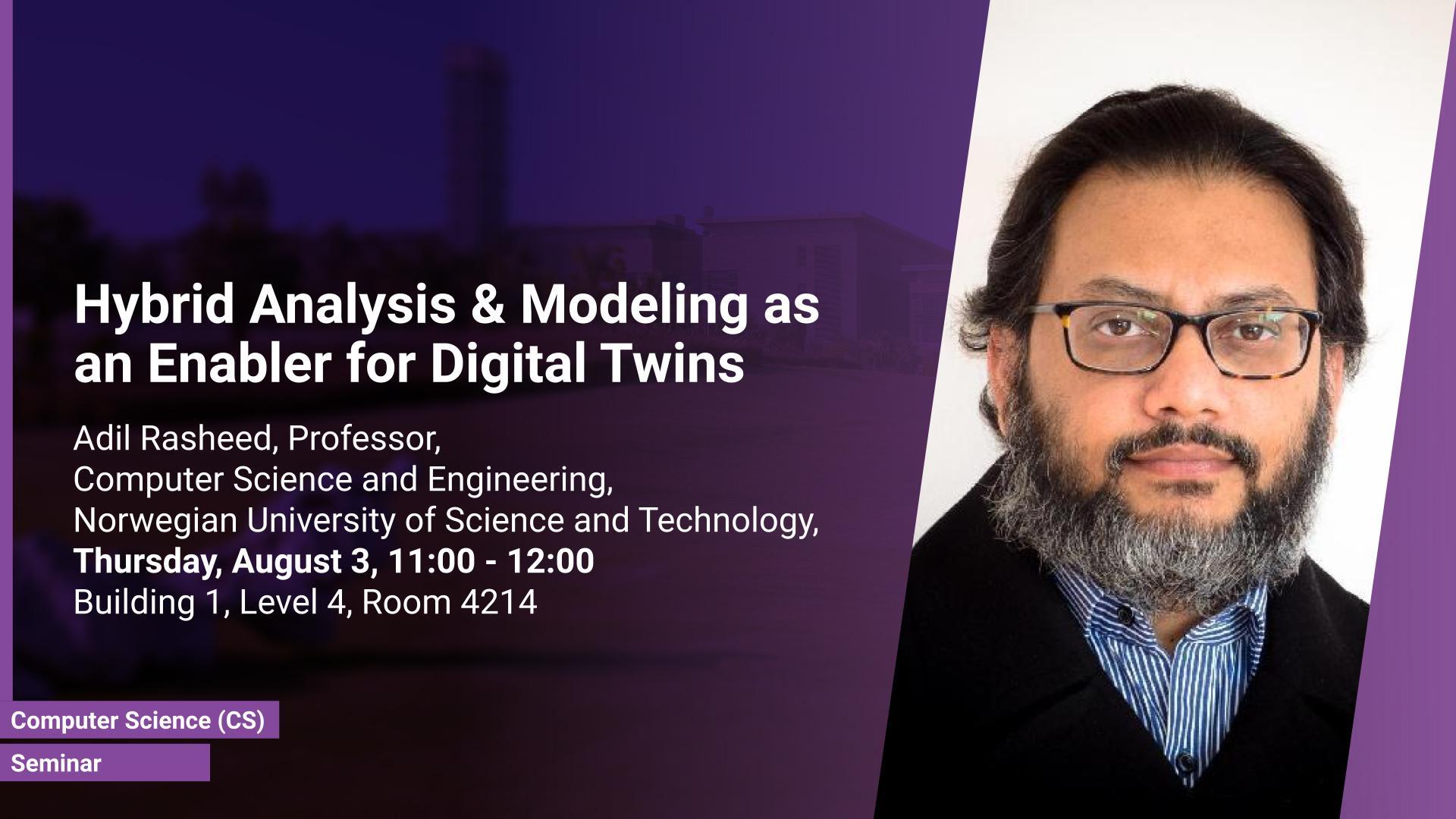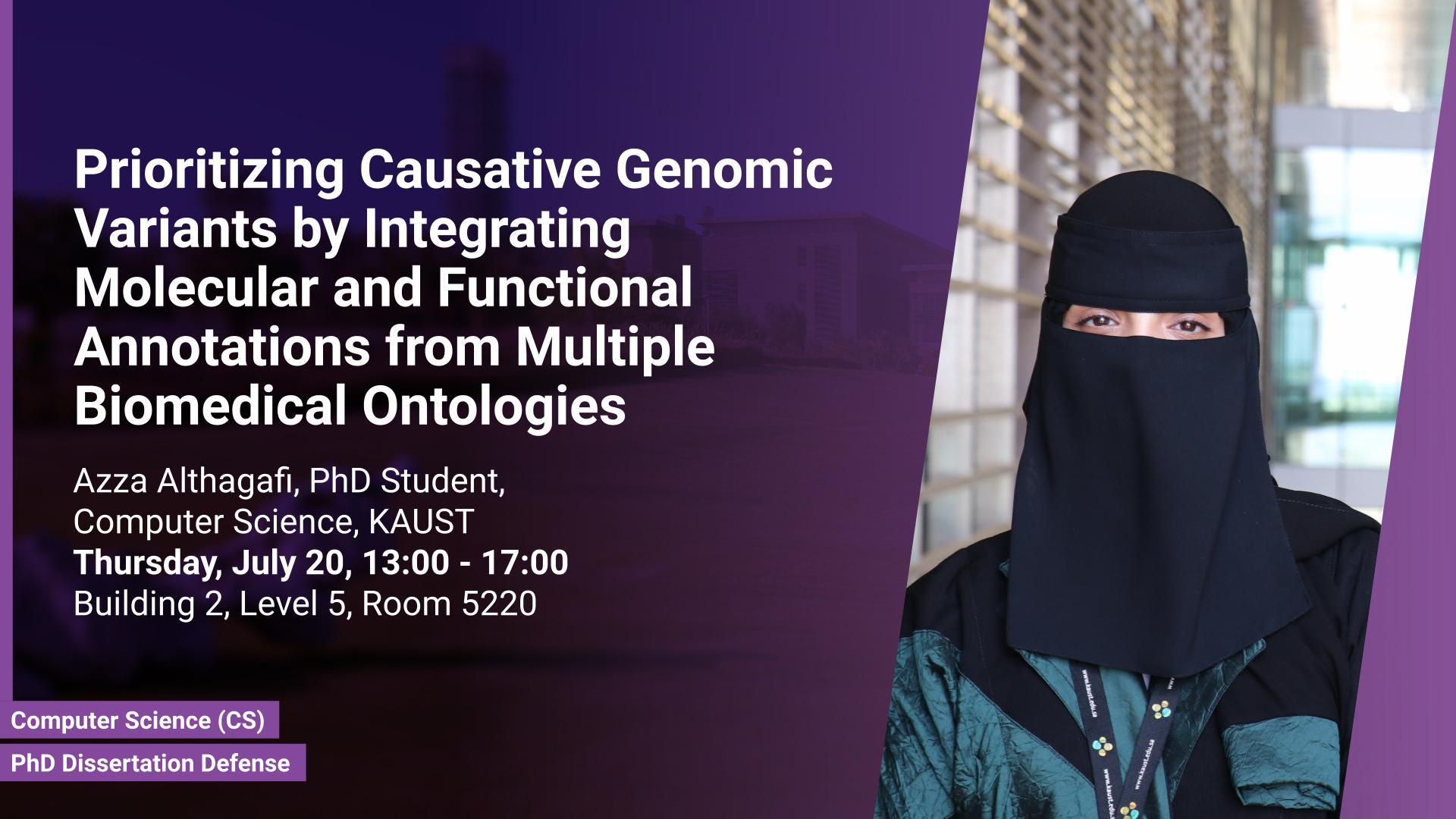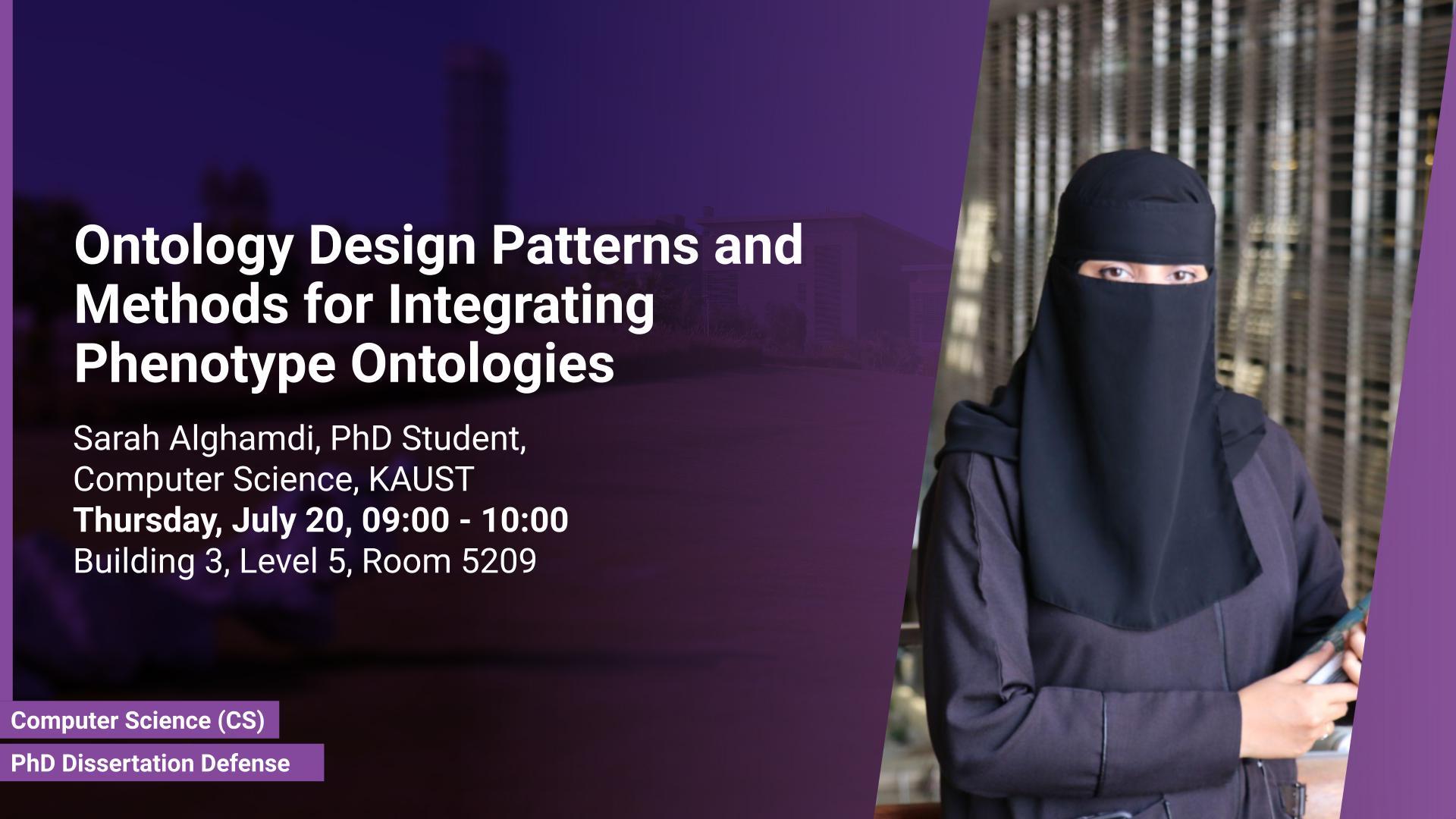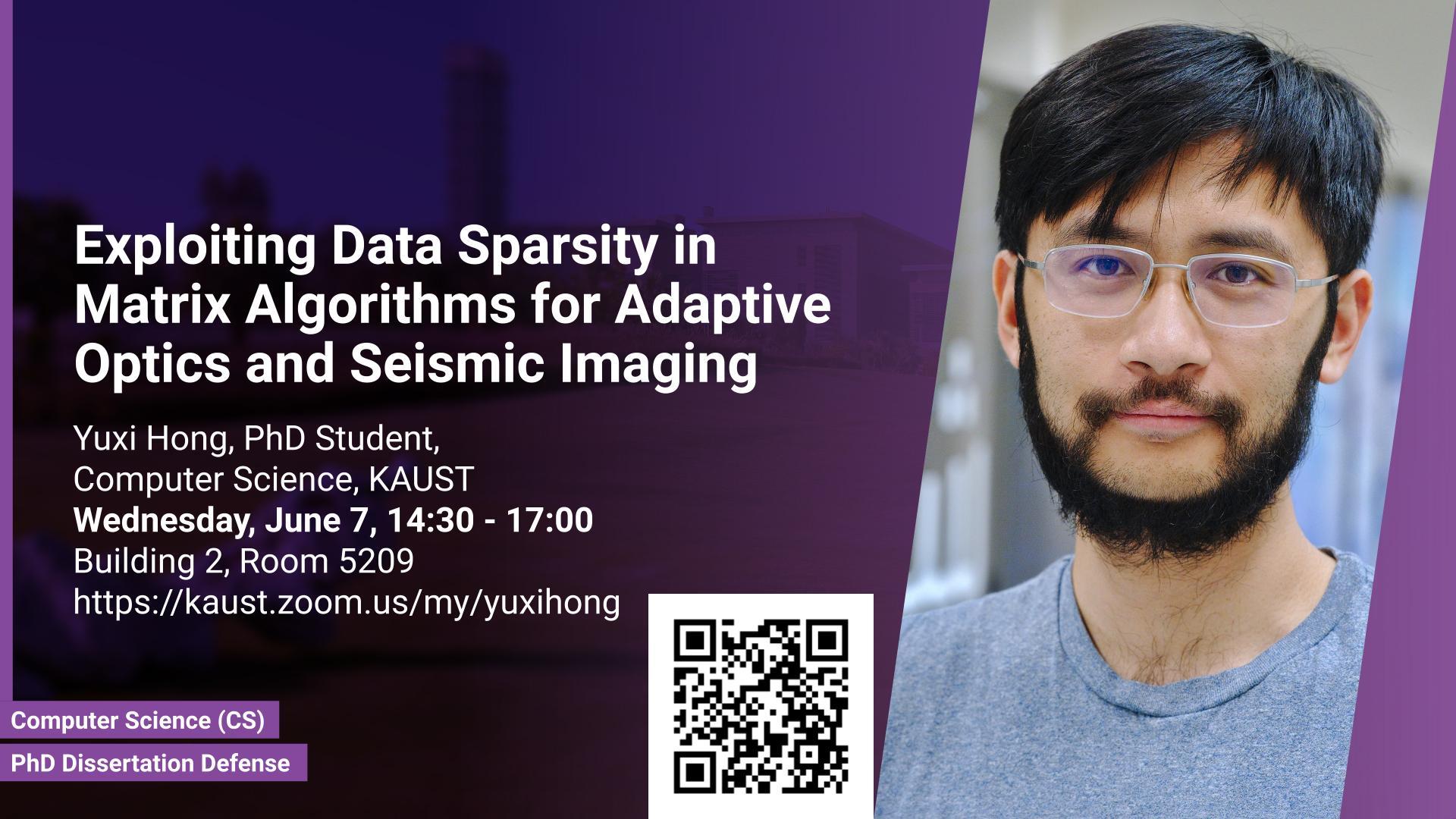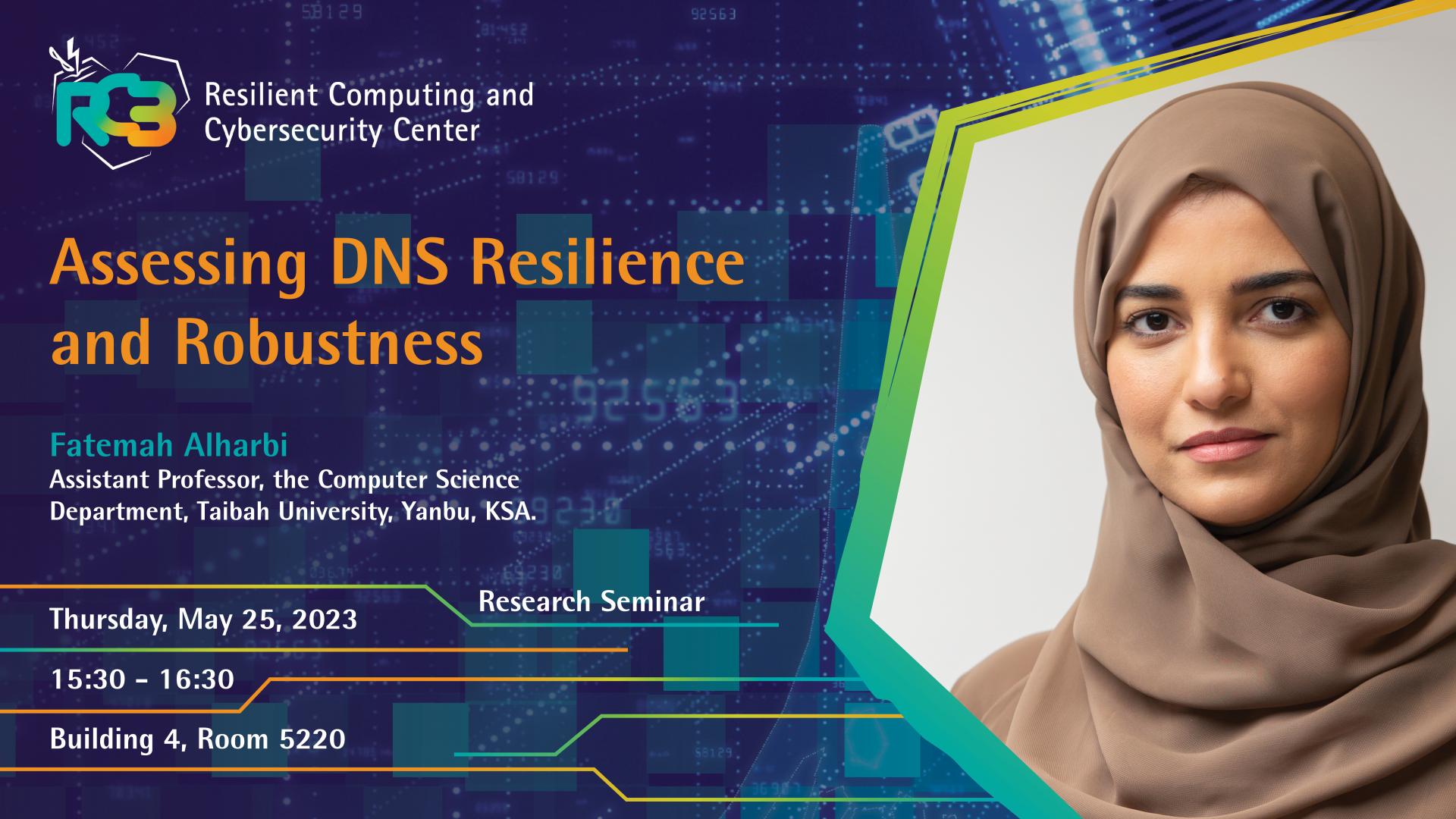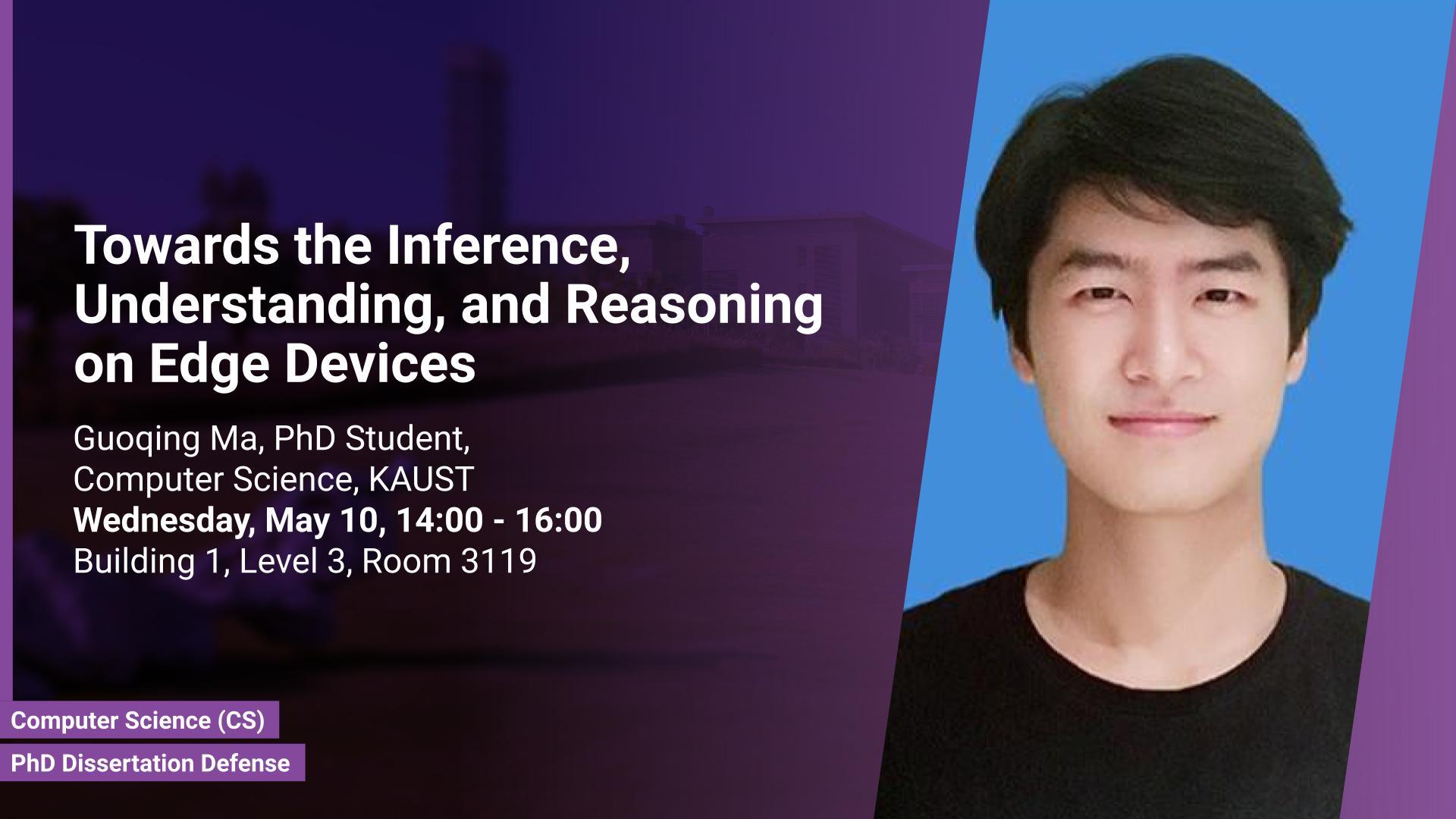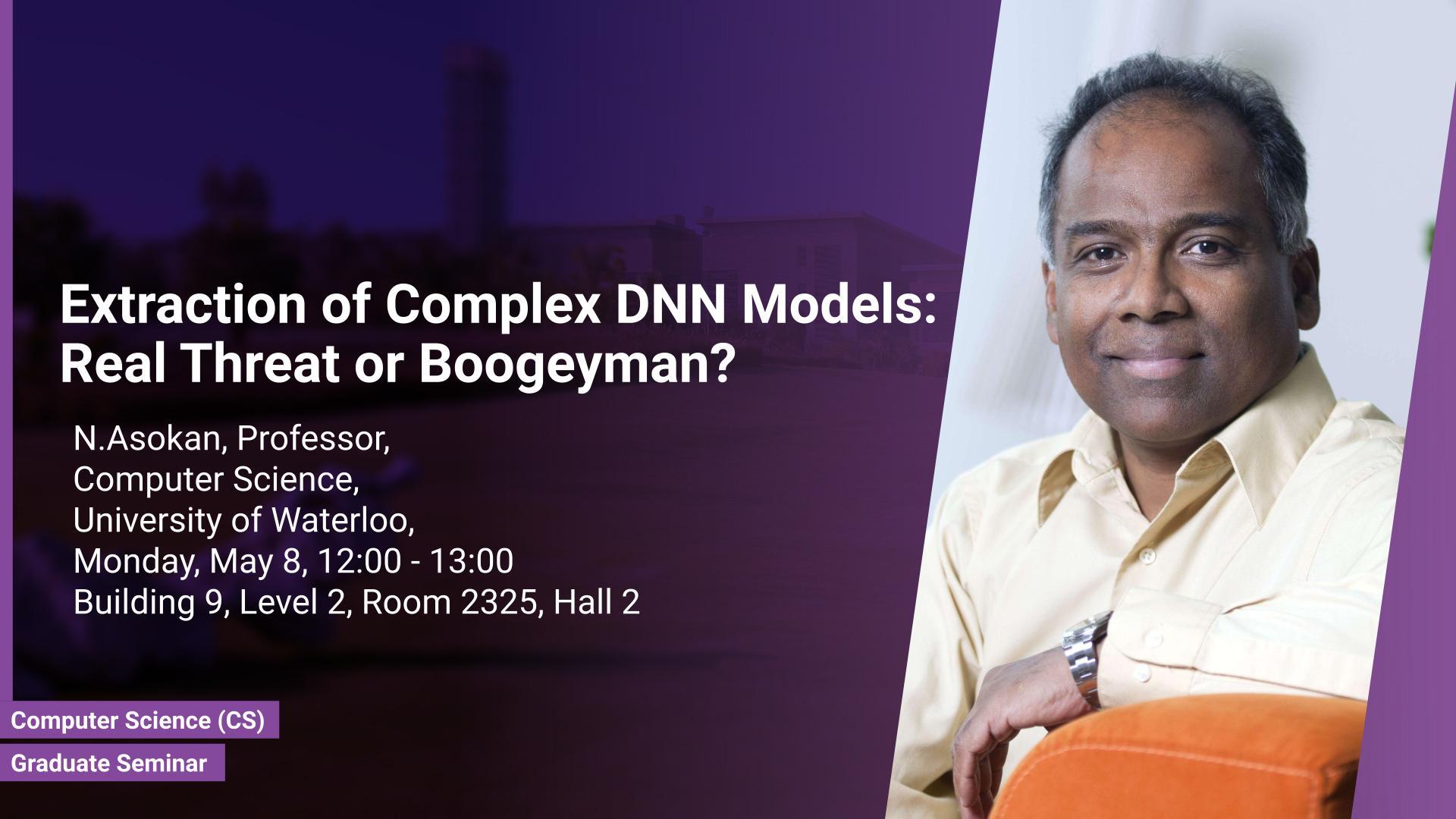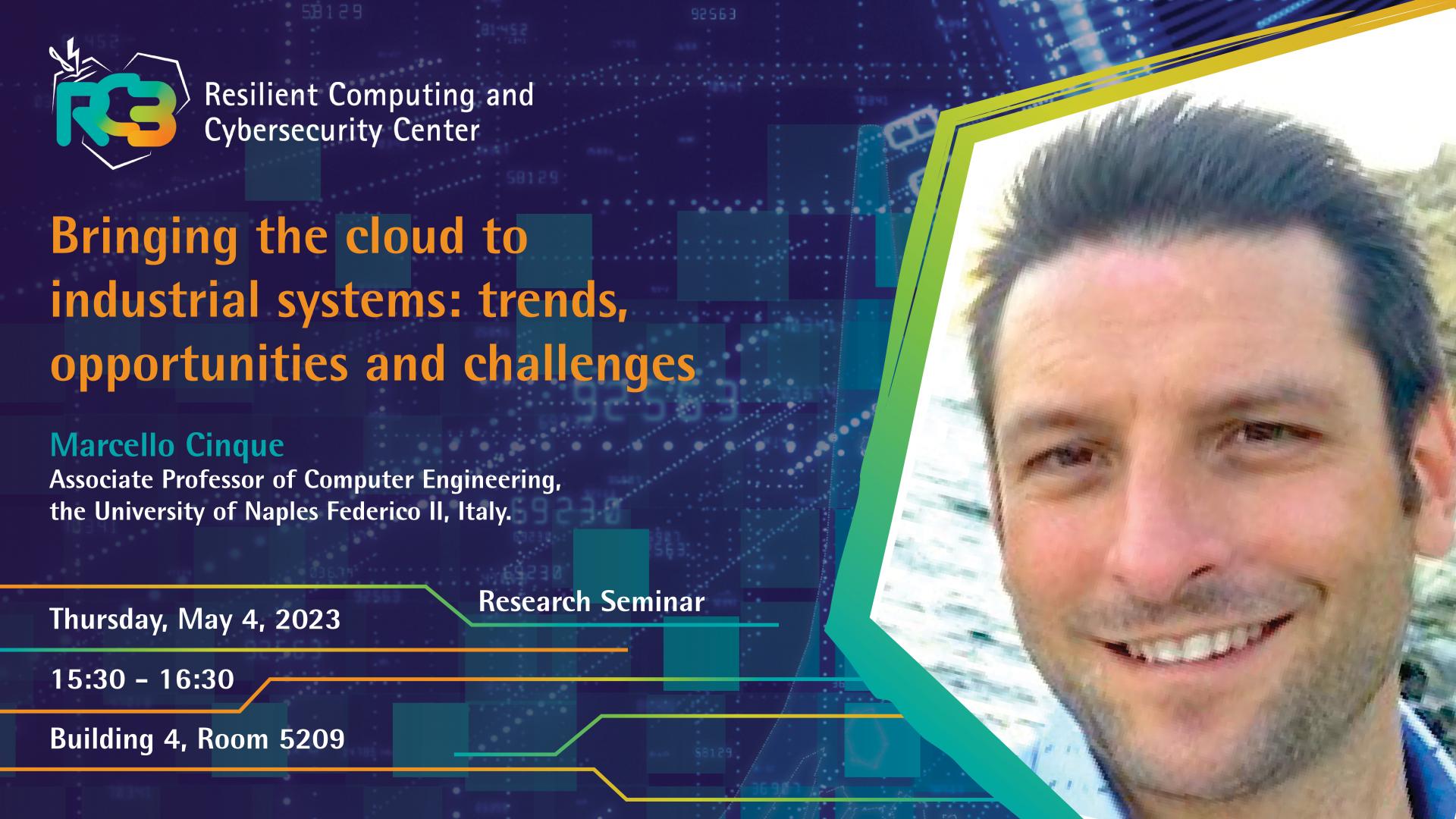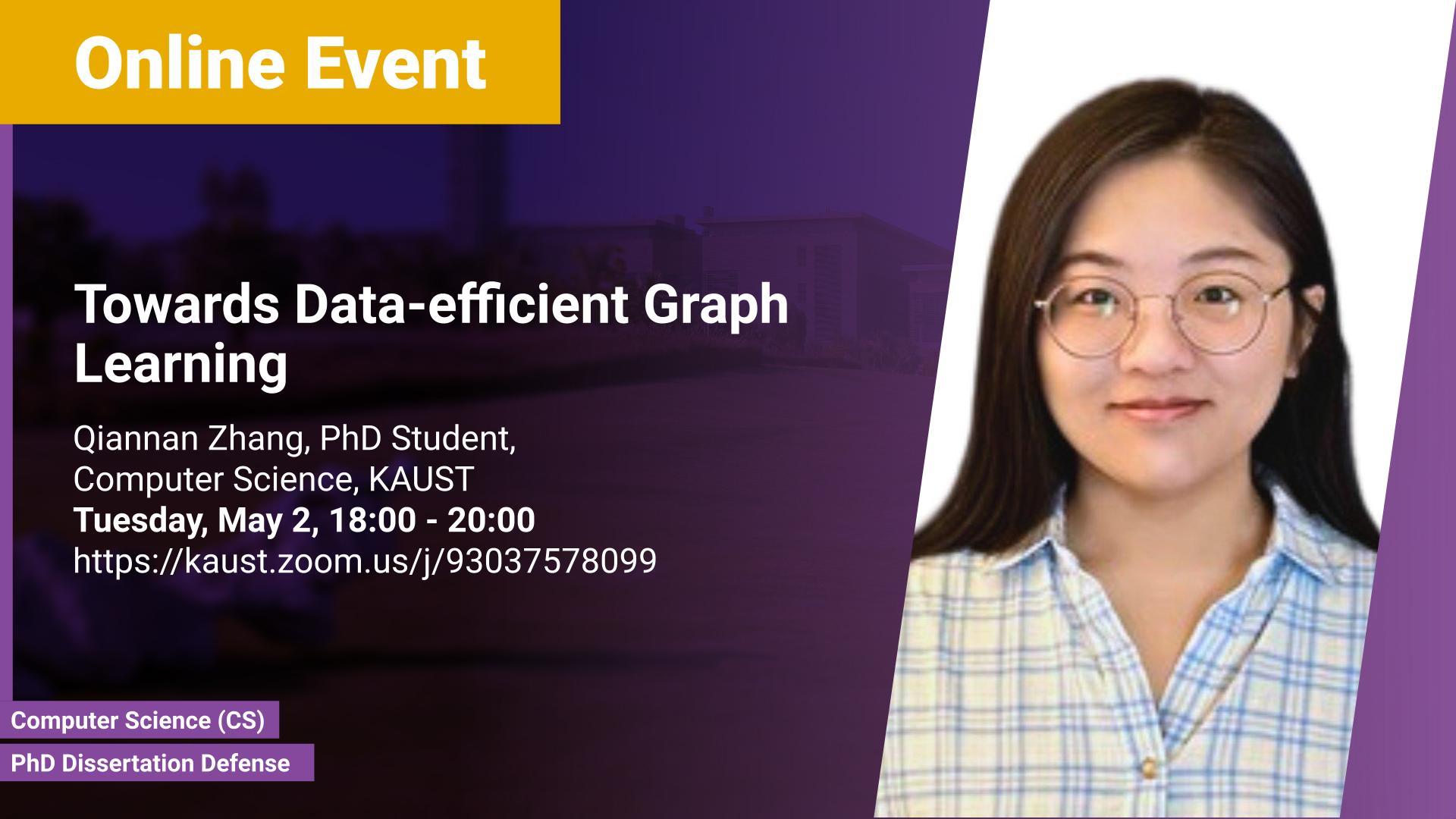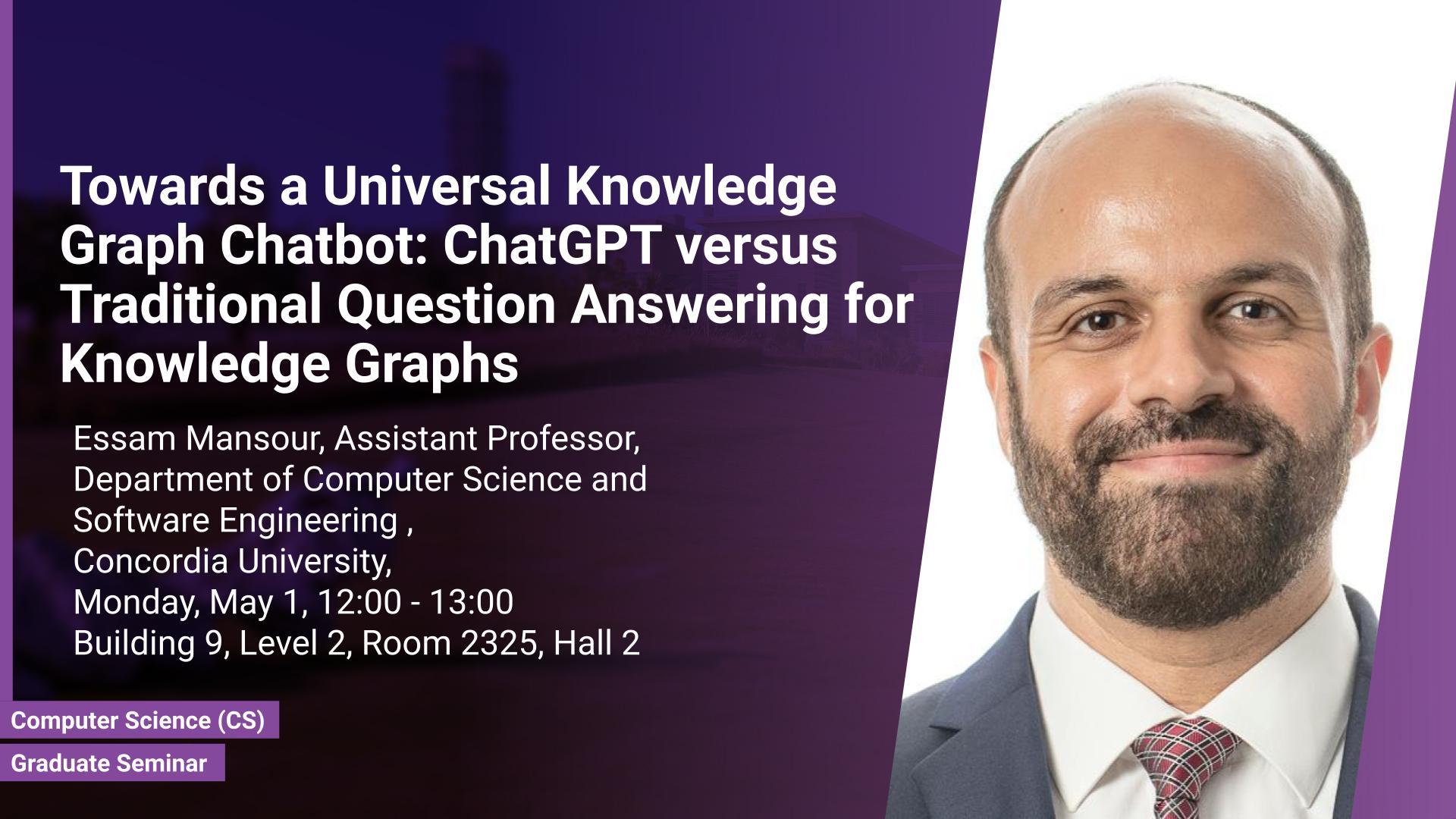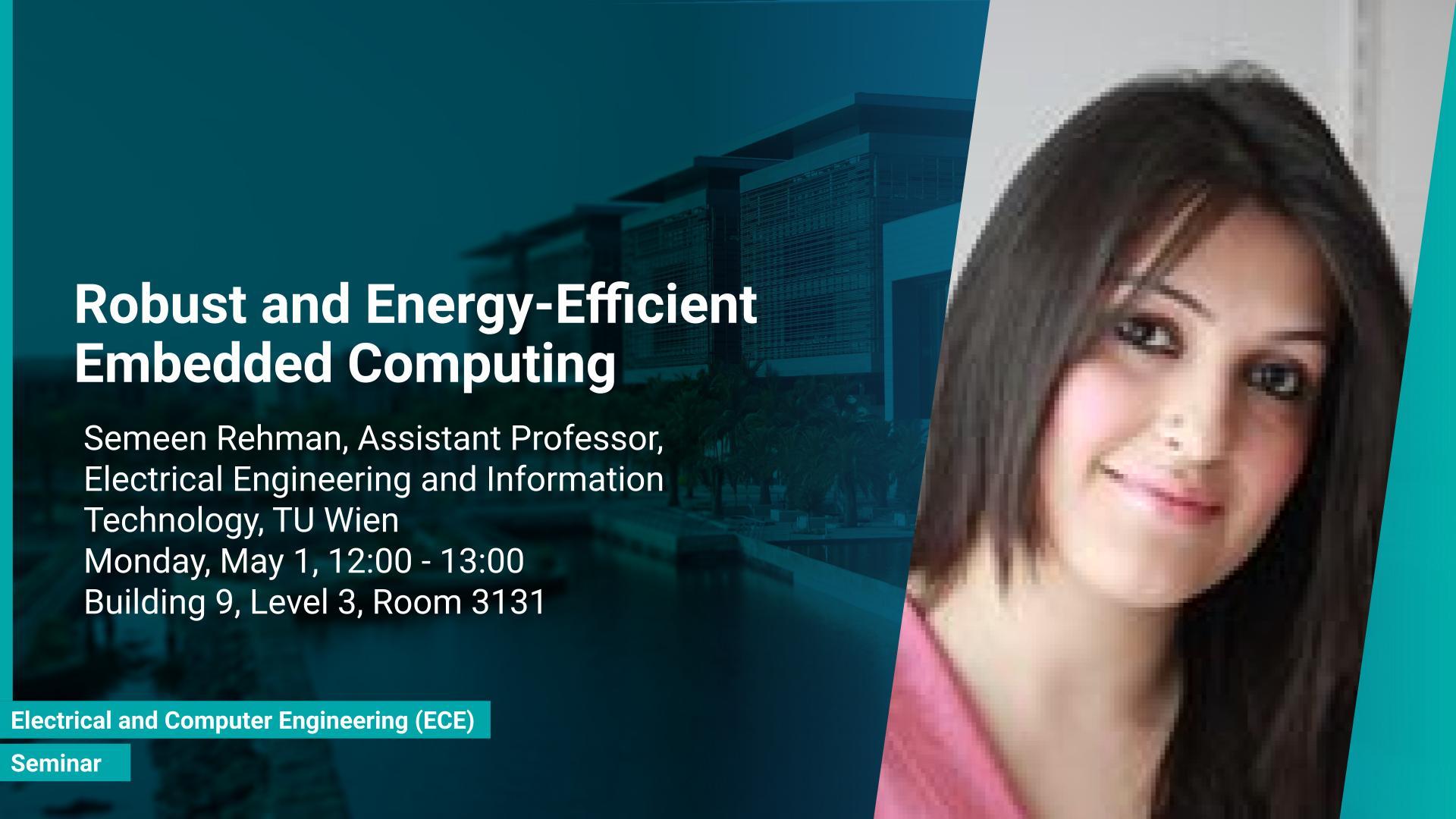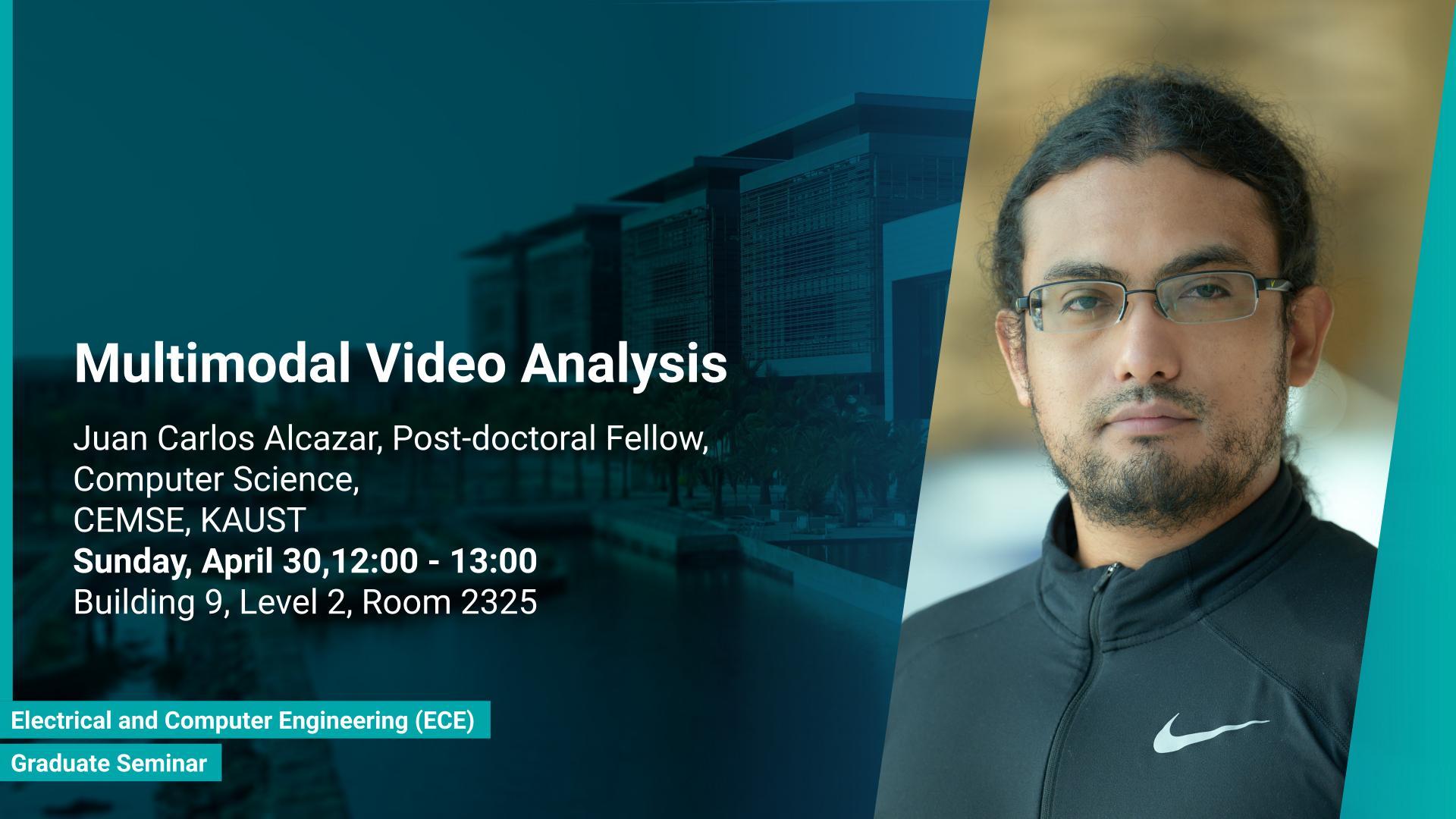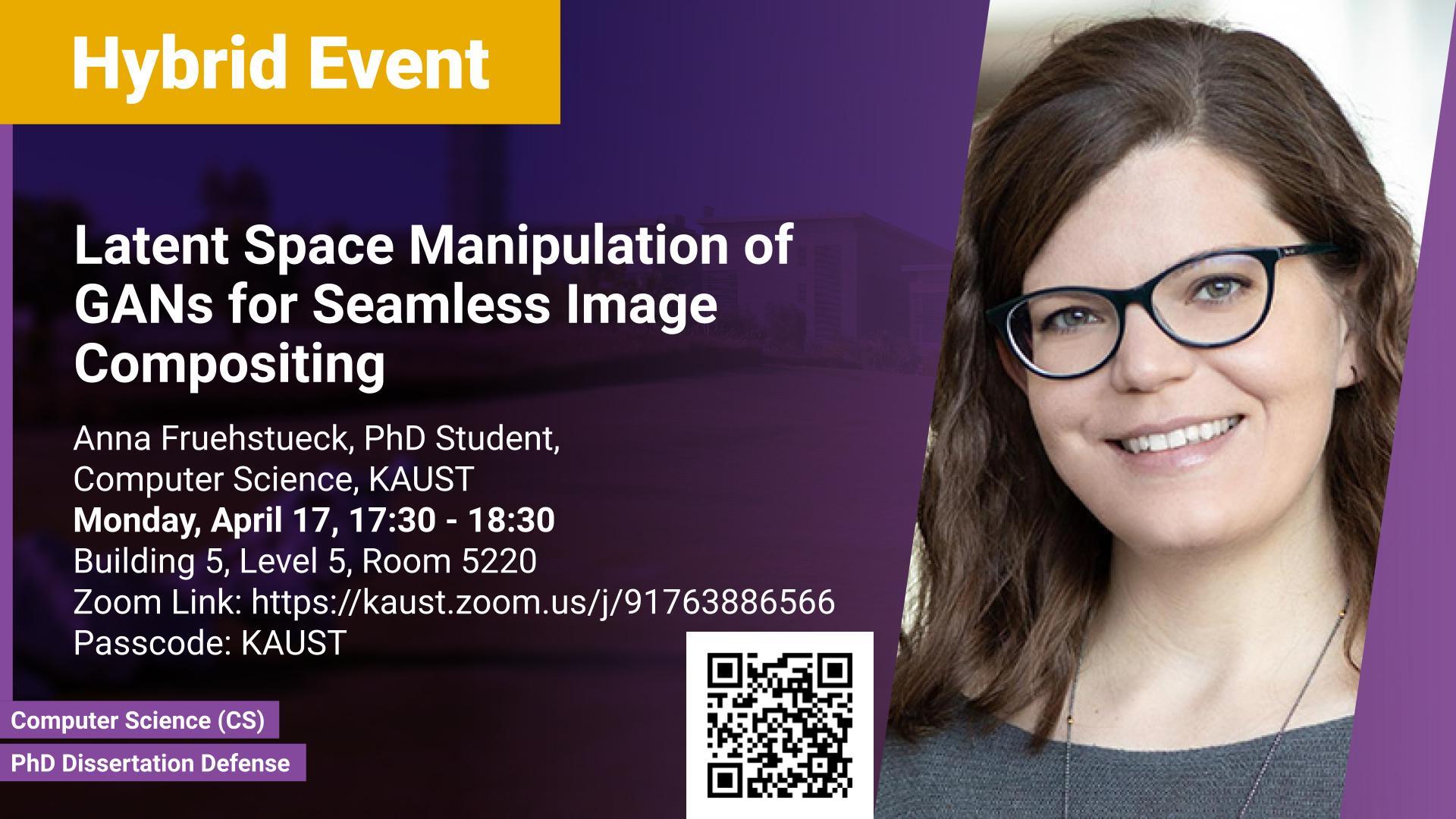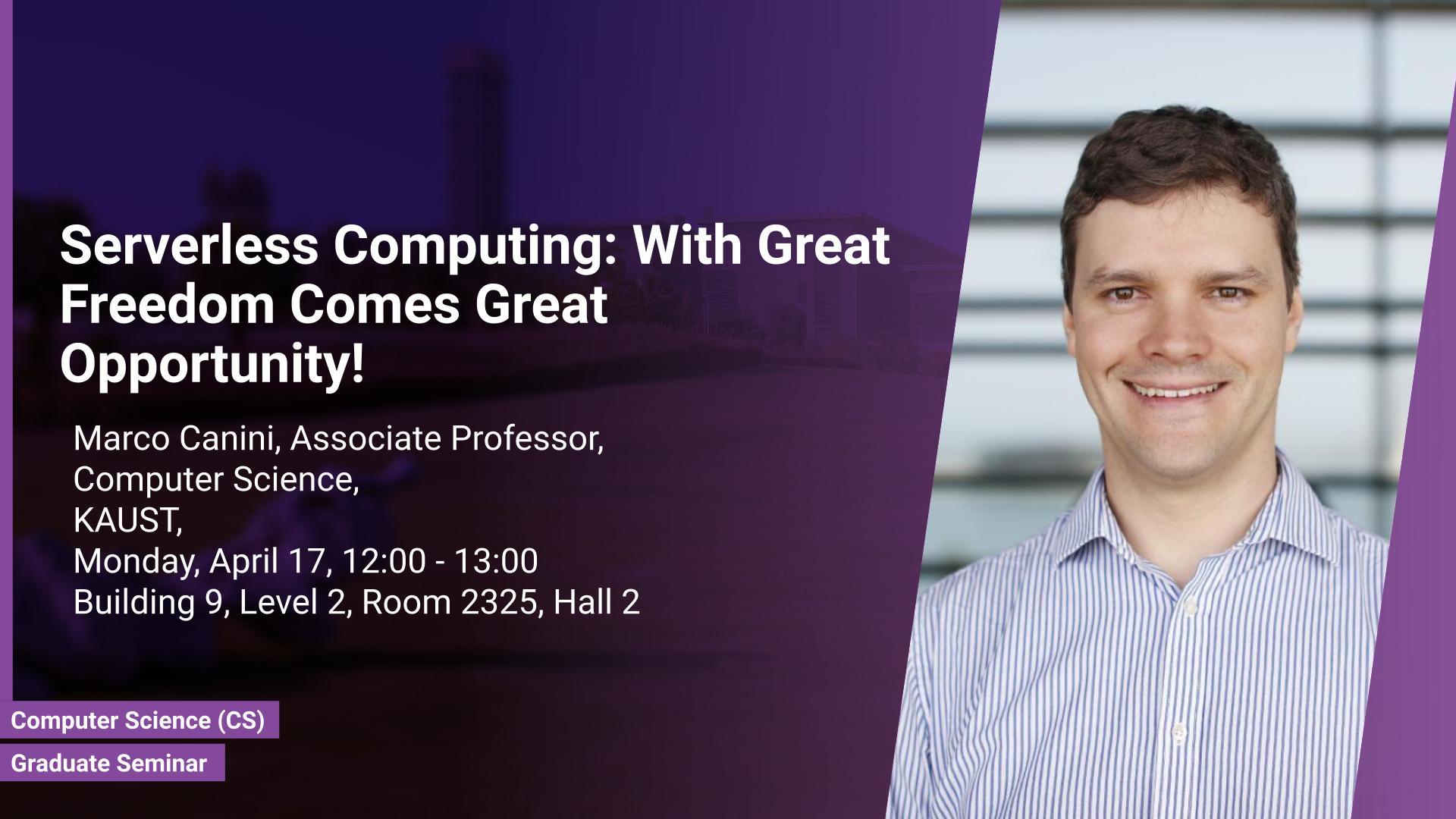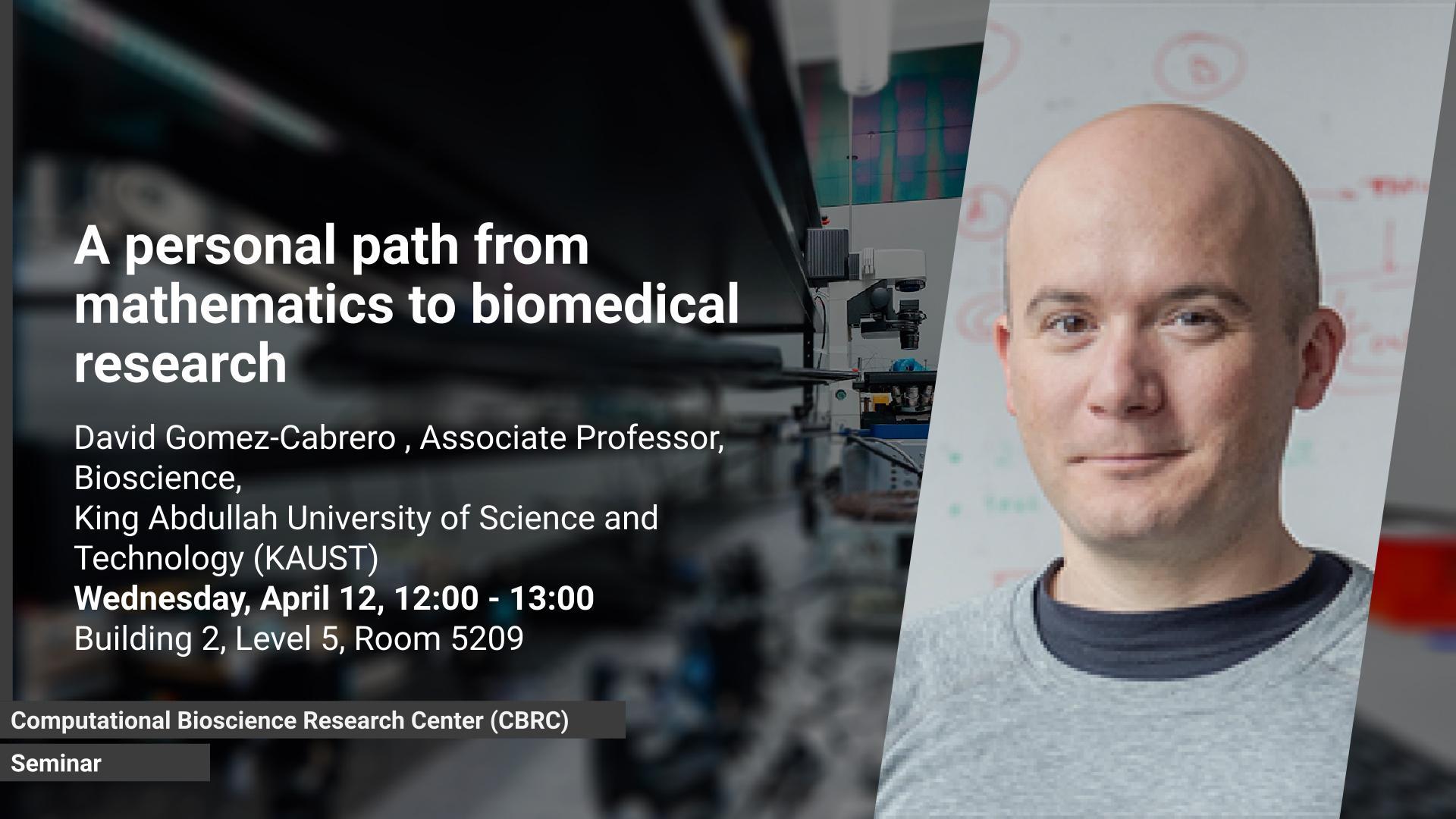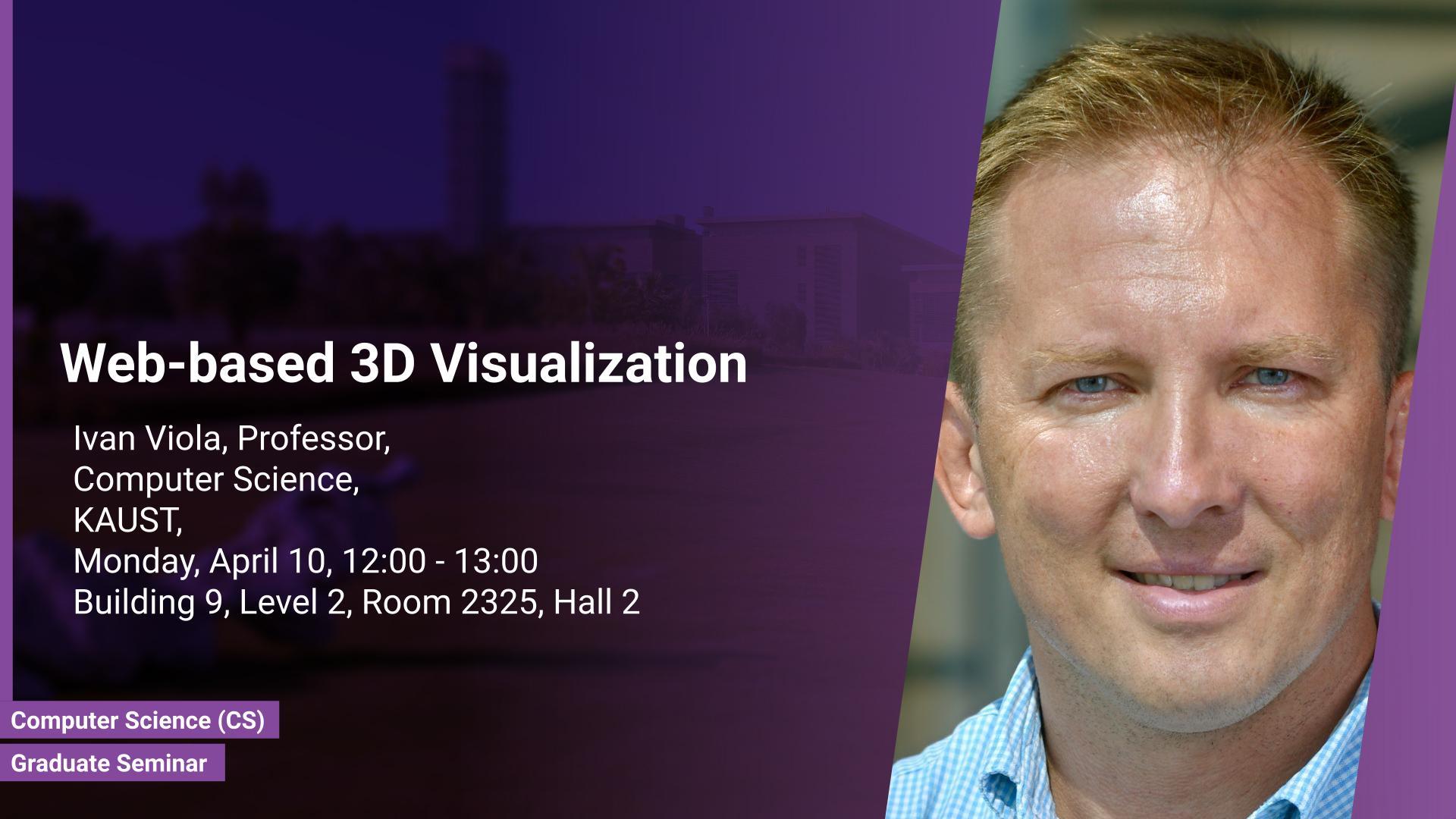Semeen Rehman, Assistant Professor, Electrical Engineering and Information Technology, TU Wien
Monday, May 01, 2023, 12:00
- 13:00
Building 9, Level 1, Room 3131
Embedded systems are currently an indispensable part of our lives because of their pervasive deployment in a wide range of critical applications (e.g., automotive, encryption, and healthcare, etc.) as well as non-critical applications (e.g., image/video processing, etc.). These embedded system form the fundamental components of today’s Cyber Physical Systems (CPS) and Internet-of-Things (IoT), which are subjected to stringent constraints in terms of reliability, security, and power-/energy especially in case of battery-driven scenarios. Due to the shrinking transistor dimensions, embedded computing hardware are increasingly susceptible to a wide range of reliability threats e.g., transient faults (such as soft errors due to high-energy particle strikes) and permanent faults due to design-time process variations and run-time aging effects. These threats may lead to functional and timing errors that may jeopardize the correct application’s executions. Furthermore, security has also become a crucial aspect in today’s systems because of several security threats, e.g., confidentiality threat to steal the IP or private information via side channel attacks. These reliability and security threats may lead to a catastrophic impact on the robustness of embedded systems. Another key design constraint of a battery-driven embedded platform is power-/energy-wise efficiency, e.g., a device under a low power/battery mode during the critical application execution may miss a critical event that may lead to a catastrophic outcome. In order to address the above-mentioned challenges, it is crucial to investigate different techniques at the hardware and software layers.
In this talk, I will first highlight the key robustness and energy efficiency challenges in embedded computing systems, and will present techniques to address these challenges.
